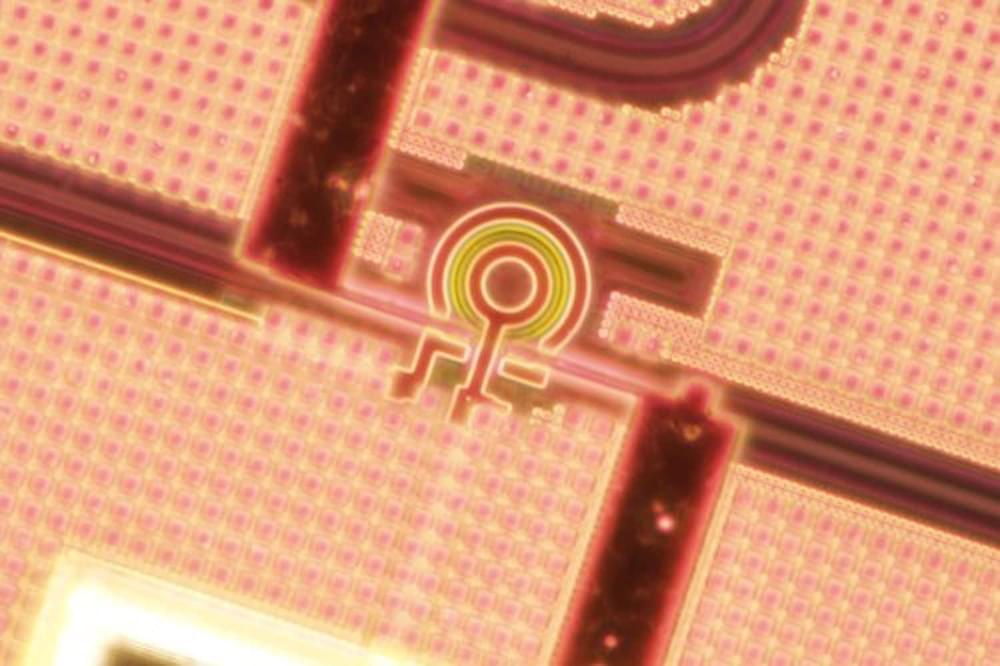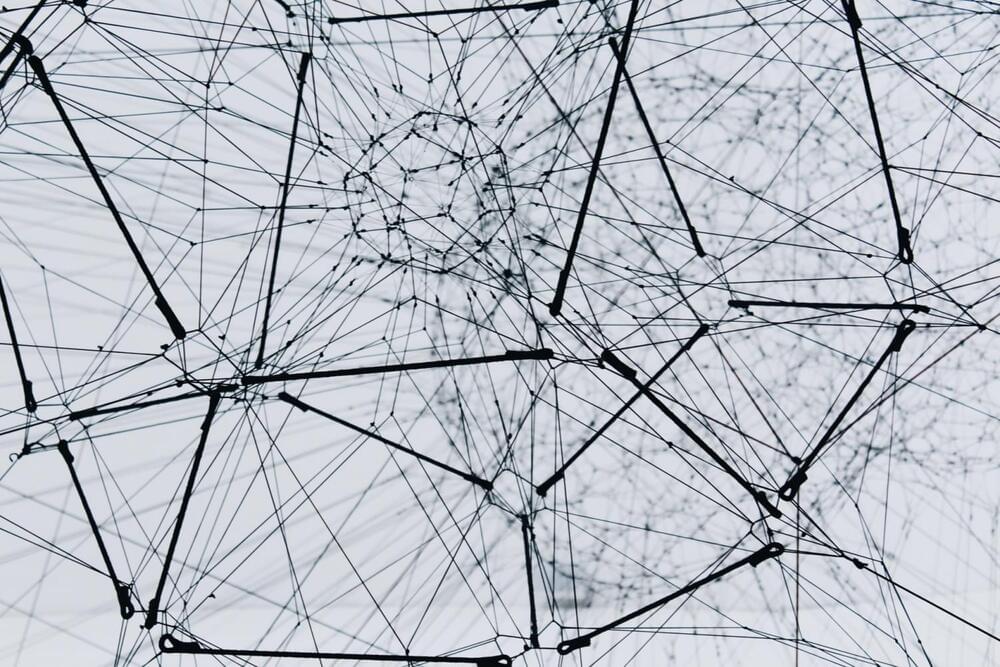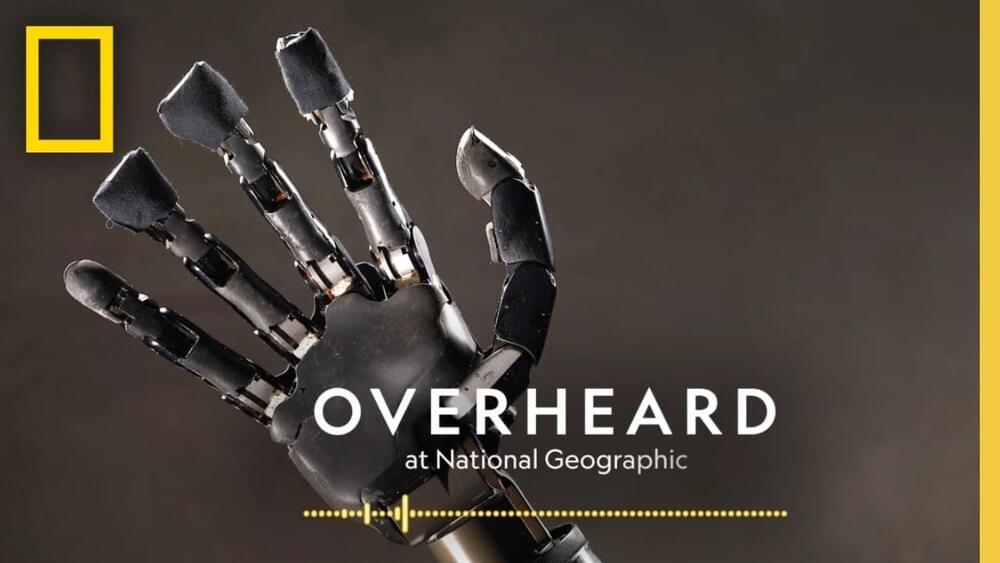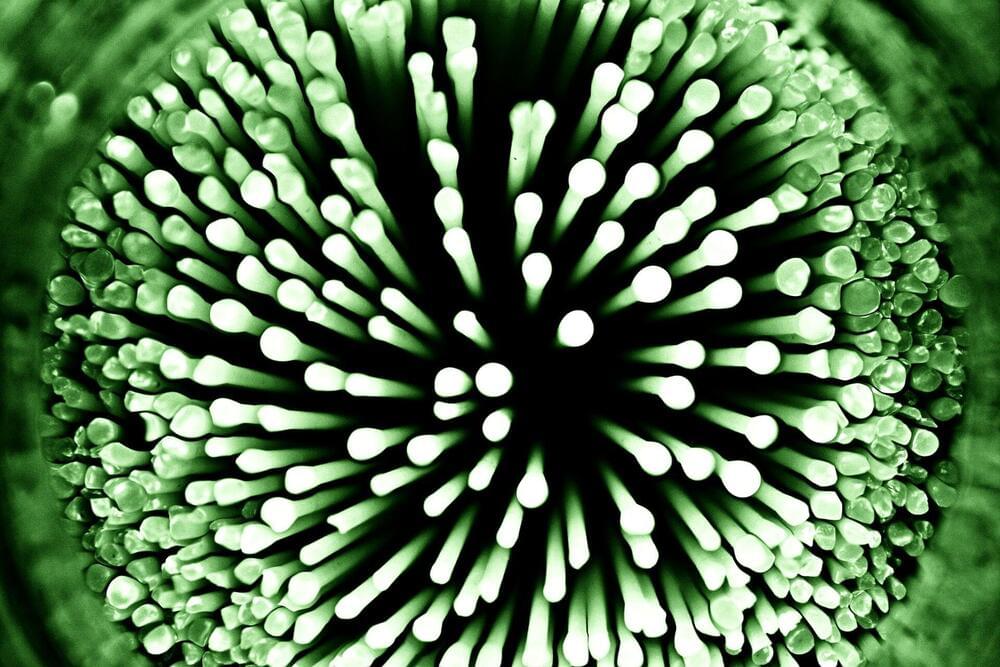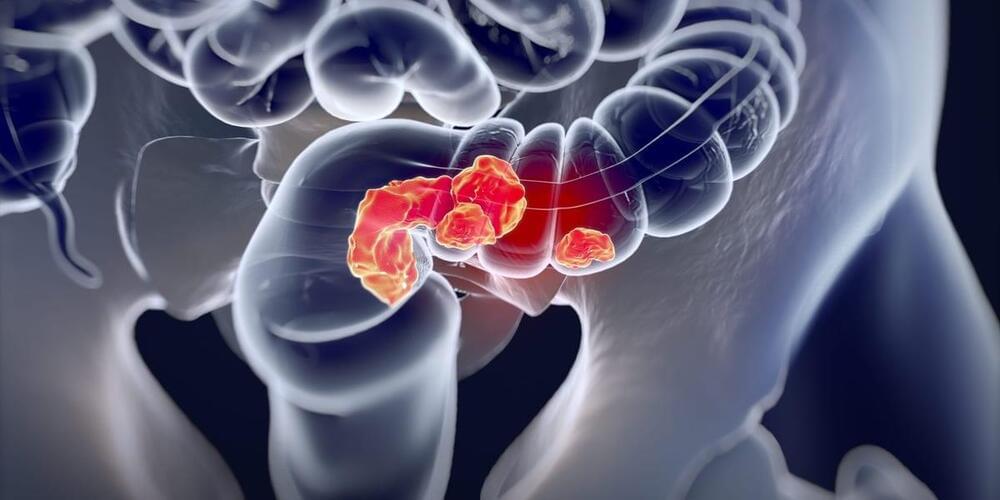Jun 7, 2022
Breakthrough leads to photonic sensing at the ultimate quantum limit
Posted by Genevieve Klien in categories: computing, mobile phones, quantum physics
Quantum sensing is poised to revolutionize today’s sensors, significantly boosting the performance they can achieve. More precise, faster, and reliable measurements of physical quantities can have a transformative effect on every area of science and technology, including our daily lives. However, most of these schemes are based on special entangled or squeezed states of light or matter that are difficult to detect. It is a significantly challenging task to harness the full power of quantum-limited sensors and deploy them in real-world scenarios.
A team of physicists at the Universities of Bristol, Bath, and Warwick have found a way to operate mass manufacturable photonic sensors at the quantum limit. They have shown that it is possible to perform high-precision measurements of critical physical properties without the need for sophisticated quantum states of light and detection schemes.
Using ring resonators is a key to this breakthrough discovery. The ring resonators are tiny racetrack structures that guide light in a loop and maximize its interaction with the sample under study. Importantly, ring resonators can be mass-produced in the same way chips in computers and cell phones are.
